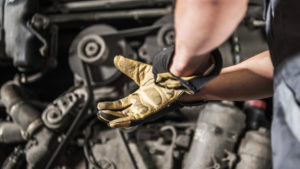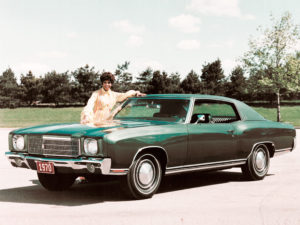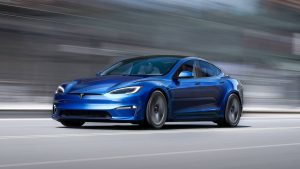Looking at our list of the safest vehicles in 2023 and the more specific lists of vehicle types, it’s easy to overlook the fact that some automakers are completely excluded from the action. Many models sidestep crash testing altogether, but it’s not because they’re unsafe. Let’s take a look at why some models aren’t subjected to testing by the Insurance Institute for Highway Safety (IIHS) or the National Highway Traffic Safety Administration (NHTSA).
Crash testing is a costly endeavor, so the two main safety testing organizations tend to focus on the most mainstream vehicles that sell the most each year. That’s why vehicles like the Land Rover Defender, Jaguar F-Pace, Porsche 911, and others don’t have the same safety scores that the Honda Accord, Toyota RAV4, and Nissan Rogue do.

Public crash test results from the IIHS and NHTSA are not a requirement for a car to go on sale. Automakers have to test the vehicles internally and certify that they meet minimum standards, but they don’t have to advertise the results. Consumer Reports notes that no Jaguar, Land Rover, or Porsche models receive public crash tests, but there are others. Maserati, Alfa Romeo, Fiat, and others don’t have crash test data. In total, there are nearly 200,000 un-crashed vehicles on our roads.
If you’re in the market for a new vehicle and want a model from a low-volume automaker, it might be tempting to look at European safety tests for clues. While scores from testing such as those performed by Euro NCAP can be a good starting point, the standards and methods may be different and might not translate directly to the U.S. tests. Euro-market cars also have different equipment and configurations than American models.

None of this is to say that you should avoid a vehicle from one of the lower-volume brands. Many have the same advanced driver assistance features and structural protection that mainstream brands offer, and several of the high-end models are available with robust semi-autonomous driving assistance systems.
If crash test scores are a requirement for your next car purchase, the good news is that the NHTSA tests 85 percent of new vehicles, and the IIHS says it has tested more than 80 percent of mainstream models. Take a look at our list of the safest vehicles in 2023 to learn more about how the IIHS tests vehicles.








